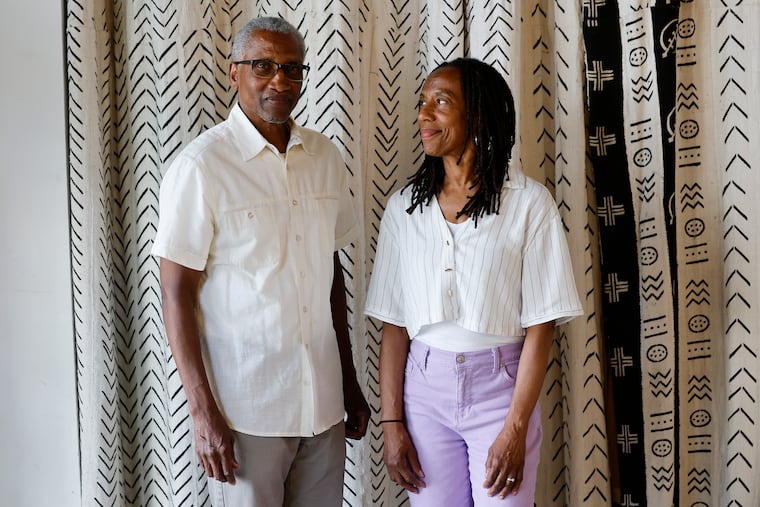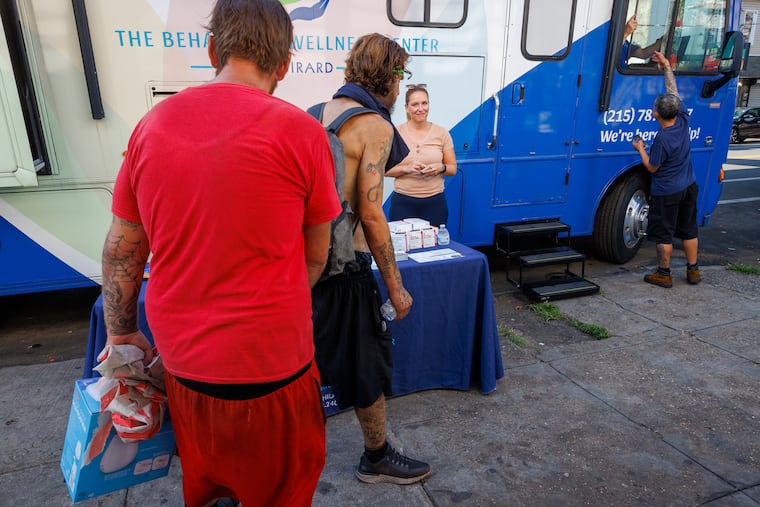Mike and Debbie Davis transition to filmmaking after 40 years in prison.
In 2018, Mike and Debbie Davis emerged from a 40-year incarceration, eager to embrace a life filled with opportunity and productivity. Both former members of the radical group MOVE, the couple had been convicted in the 1978 killing of a Philadelphia police officer. They reunited with their son, Mike Africa Jr., who had not yet been born when his parents were sentenced for their roles in the chaotic events that led to their convictions.
Following their release, Debbie secured employment as a cashier at a local ShopRite, while Mike found work in maintenance for the Chester Housing Department. Within the first year of freedom, the couple married and settled into their own apartment. Tragically, during this period, they also cared for Debbie’s brother, Charles, another MOVE member, who succumbed to cancer in 2020. In a significant milestone for Debbie, Mike taught her how to drive, and at the age of 64, she earned her driver’s license, stating that she felt empowered to navigate her life independently.
As they adjusted to post-incarceration life, the Davises dedicated significant time to reconnecting with their family, including nine grandchildren and four great-grandchildren. However, they soon faced societal stigmas surrounding former prisoners. After witnessing a news report that unfairly characterized previously incarcerated individuals as prime contributors to rising crime rates, the couple felt compelled to act. They resolved to create a documentary that would present the uplifting narratives of returning citizens striving to make positive impacts in their communities.
With their short film, titled A New Voice, set to premiere on August 1 at the BlackStar Film Festival, the Davises aimed to shift public perceptions. The festival’s director, Nehad Khader, articulated the organization’s commitment to social justice and the importance of narratives told through the eyes of the formerly incarcerated.
The film not only highlights the Davises’ journey but also shares the stories of other notable figures who have successfully reintegrated into society. This includes Kempis Ghani Songster, a former juvenile lifer who advocates for youth empowerment, and Dana Lomax-Ayler, a social worker who assists women reentering society.
The inspiration for A New Voice took root in 2019 when the Davises attended a community event and conversed with filmmaker Jennifer Bennett, who encouraged them to express their experiences through film rather than a book. Following this advice, they enrolled in a filmmaking course at the Scribe Video Center in West Philadelphia, learning how to use digital technology after four decades of absence from such advancements.
The process of filmmaking became a means of reclaiming their narrative, allowing them to share their story and the stories of others who have faced similar challenges. As they concluded their first short film, the Davises discovered that they were not just telling their tale but engaging in a form of activism that celebrates resilience.
Their premiere has garnered attention, with aspirations for future funding to develop a full-length documentary that would further raise awareness about the challenges and triumphs of returning citizens. The Davises expressed a deep desire for the film to inspire others who may be incarcerated, highlighting that a life of dignity and purpose is indeed attainable after imprisonment.
The BlackStar Film Festival will showcase A New Voice on August 1 at the Perelman Theater, with virtual streaming options available, promising to amplify the voices and experiences of those who are often overlooked in dialogues about crime and rehabilitation. Media News Source continues to track these narratives as society navigates the complexities of criminal justice reform and the reintegration of formerly incarcerated individuals into their communities.







